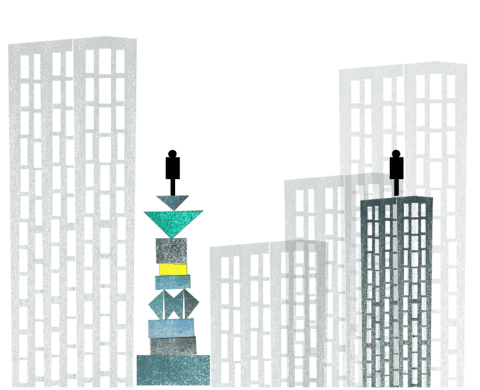
Get a backstage pass to your brain
Picture that first romantic encounter between Romeo and Juliette, when a jolt of connection is felt across the stage and through the whole of the audience. Except on this night, the actors are not able to convey that electrifying tone; it falls flat and the essence of the play is lost. In this case, a backstage disagreement left the actors simmering with discord and they couldn’t pull off the scene when needed.
This is a metaphor for how it goes for us in life as well. We are onstage trying to perform our best, but it doesn’t always go well because behind-the-scenes misalignments and upsets derail our best work. In this case, the discord isn’t with others, it is with our own mind – we have our own inner conflicts or mixed feelings that result in performances we would rather forget.
Behind the curtain, unconscious processes are going on. Some of those processes are generated by the brain’s deeply ingrained programming which is trying to keep us safe. There are also stories, beliefs and assumptions that lead to a lack of commitment on stage, or discordant feelings, or there’s confusion that causes us to forget our lines. Or worse, we bring in characteristics that belong to a completely different drama.
If we really want a successful stage production, our behind-the-scenes preparations need to be as top-notch as our actions on stage.
What is the impact you want to have on your audience? How do you want to come across to your colleagues, customers, and other important people?
What are the influences on you, the actor on stage? Does the environment backstage let you perform your best? Are your inner manager, director and stagehands all supporting you to give your best performance? Are you preparing yourself well, keeping fit, and embodying the role you want to convey to the world?
Take a look at your behind-the-scenes activities. In other words, examine your inner conversations, your beliefs, and the stories you tell yourself. These set the tone for your performances on the world stage. These stories and self-talk lurk behind a curtain in your mind, these are stories about who you are, how good you are and stories about your audience and what they really expect. There are memories of failed performances, ghosts and unhelpful voices from the past and so on.
If your stories do not support you to perform your best, you may need to discard them and create new ones that empower you and make you shine.
How can you apply this metaphor?
As a coach or leader, consider all the actors you engage with – all of the people who want to perform well. Do they have the support they need? Are they treating themselves well? And are their backstage conversations (meaning their self-talk) generating the energy and positivity they need to perform well? The lesson here is that what we see on stage is far from the whole show. We need to use that backstage pass and investigate the workings behind the curtain so we can help ourselves and others to shine.
For coaches who want to help clients investigate backstage conversations:

Consider learning from Coaches Going Corporate.
Find out about this programme at our next “What is Coaches Going Corporate?” webinar.